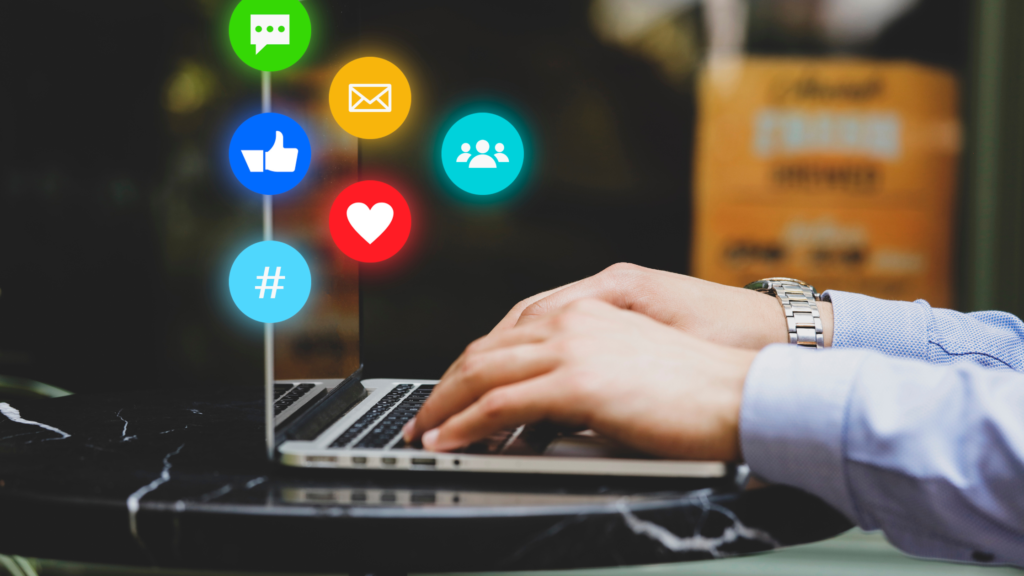
Social Media Evidence in Personal Injury Cases: How Your Posts Can Help (or Hurt) Your Claim
In today’s digital age, social media is an undeniable part of our lives. We share updates, photos, and connect with friends and family – but what many people don’t realize is that their social media activity can have a significant impact on a personal injury case.
Shaumyan & Derbarseghian, LLP understands the importance of protecting your rights after an injury. This blog post will explore how social media posts can be used as evidence in your personal injury claim, and how seemingly harmless posts might have unintended consequences.
How Can Social Media Help Your Personal Injury Claim?
While you might be focused on recovering from your injuries, social media can actually be a valuable tool to strengthen your case. Here’s how:
- Documenting Injuries: Pictures speak a thousand words, and social media posts can provide valuable visual evidence of your injuries. Photos taken shortly after the accident can show the extent of bruising, cuts, or other physical damage.
- Timeline of Events: Social media posts can help establish a timeline of events surrounding your accident. Posts around the time of the incident can corroborate your story and show your limitations due to injuries.
- Disputing False Claims: If the other party tries to downplay the severity of your injuries, social media posts showcasing your restricted activities can counter their claims.
How Can Social Media Hurt Your Personal Injury Claim?
Unfortunately, social media can also be used against you in a personal injury case. Here’s what to watch out for:
- Inconsistent Posts: Posts that contradict your injury claims can seriously undermine your case. For instance, if you claim limited mobility but post photos of yourself engaging in activities requiring significant movement, it can raise questions about the legitimacy of your claims.
- Pre-Accident Activity: Photos depicting you in great physical health or engaging in activities you now claim you can’t do due to the accident might be used by the defense to argue your injuries are not as serious.
- Comments from Others: Even posts by friends and family can be used as evidence. Comments that downplay your injuries or suggest you share some blame for the accident can be detrimental to your case.
Be Mindful of What You Post
After an accident, it’s wise to be mindful of your social media activity. Here are some tips:
- Privacy Settings: Review your privacy settings on all social media platforms and consider making your accounts private.
- Limit Posting: Avoid posting anything related to the accident, your injuries, or activities you can no longer perform.
- Be Wary of Check-Ins: Geotagging your location or checking into places can be used to track your movements. This can potentially contradict your claims of limited mobility.
Shaumyan & Derbarseghian, LLP: Here to Help
Navigating the legal complexities of a personal injury case can be overwhelming. Our experienced personal injury attorneys understand the power of social media evidence and how to use it to your advantage.
Contact us today for a free consultation to discuss your case. Learn how we can help you get the compensation you deserve. Remember, social media can be a double-edged sword in a personal injury case. By understanding the risks and taking steps to protect yourself, your online activity can strengthen your claim, not weaken it.

